Biden heads to Oklahoma to attend event for Tulsa massacre
US President Joe Biden is headed to Oklahoma to whitewash marks of a 1921 massacre of 300 Black people in Tulsa, Oklahoma’s second-largest city.
The massacre took place on May 31 and June 1, 1921, when mobs of White supremacists, who had been provoked by city officials, attacked Black residents and burned down their businesses and devastated some 1,200 Black homes in Tulsa’s Greenwood District.
The brutal mass killing of the residents and their property in the once-burgeoning and prosperous Black neighborhood in Tulsa’s Greenwood District recorded in history as the Tulsa Race Massacre, or alternatively as the Black Wall Street Massacre, and is regarded as the worst single ferocious event of white supremacist violence against African Americans in US history.
Biden, who proclaimed Monday to be "Day of Remembrance: 100 Years After The 1921 Tulsa Race Massacre" and called on Americans to "reflect on the deep roots of racial terror in our Nation and recommit to the work of rooting out systemic racism across our country," arrives in the city on Tuesday to round off the events planned for the centennial of the horrific massacre.
"One hundred years ago, a violent white supremacist mob raided, firebombed, and destroyed approximately 35 square blocks of the thriving Black neighborhood of Greenwood in Tulsa, Oklahoma. Families and children were murdered in cold blood. Homes, businesses, and churches were burned. In all, as many as 300 Black Americans were killed, and nearly 10,000 were left destitute and homeless," Biden said in his proclamation.
The President, who is scheduled to attend the 100th anniversary of the Tulsa Race Massacre, said: "With this proclamation, I commit to the survivors of the Tulsa Race Massacre, including Viola Fletcher, Hughes Van Ellis, and Lessie Benningfield Randle, the descendants of victims, and to this Nation that we will never forget. We honor the legacy of the Greenwood community, and of Black Wall Street, by reaffirming our commitment to advance racial justice through the whole of our government, and working to root out systemic racism from our laws, our policies, and our hearts."
"The fear and pain from the devastation of Greenwood is still felt," he noted.
"The Federal Government must reckon with and acknowledge the role that it has played in stripping wealth and opportunity from Black communities," Biden further noted.
Fletcher, who is 107 years old and the oldest survivor of the Tulsa massacre, testified before members of a House Judiciary subcommittee in early May and called for justice and for official acknowledgement of the massacre.
“I still remember all the shooting and running,” she said. “People being killed. Crawling and seeing smoke. Seeing airplanes flying, and a messenger going through the neighborhood telling all the Black people to leave town.”
Meanwhile, as Biden arrives in town to round off the centennial events, Tulsa’s municipality will launch a major excavation project in the Oaklawn cemetery in search for what are thought to be mass graves of 1921 massacre victims.

According to a spokesperson for the mayor’s office, the project intends to use DNA testing and genealogical research “to bring some healing and justice to the Tulsa community”, a spokesperson for the mayor’s office said.
Some $30m have been raised for the official commemoration events, most of which has been invested in a new history center which the commission has called “Greenwood Rising”.
Phil Armstrong, the commission’s project director, has promised that the exhibitions at the center will “not whitewash or cover over, but will tell the truth in all its horrific grittiness.”
Meanwhile, Black Tulsans have dismissed the centennial function, which has been titled "Tulsa Triumphs", as a distortion of US history and a “complete 100% lie”.
Kristi Williams, whose great-aunt was forced to flee Tulsa in 1921 to escape the bloodthirsty supremacist mob, said that there had been no triumphs for the Black Tulsans and descendants of those who were killed in the massacre, as well as the survivors and their descendants, had not received any sort of reconciliation after the violence despite numerous attempts to take legal action against the perpetrators.
“There hasn’t been any reconciliation. If I told you I was hungry, you would give me food – not a picture of some food,” she said in protest to the events planned for the commemoration.
“How is Greenwood rising?” said Nehemiah Frank, the editor-in-chief of the Black Wall Street Times whose great-great-grandparents lost their homes and businesses during the incident.
Frank added, “Nothing has changed. When you come to Tulsa and walk through the Greenwood district it is completely unrecognizable – there is no sign of the greatness that this community was.”
Damario Solomon-Simmons, a Tulsa civil-rights lawyer who is representing the three known survivors of the race massacre in a reparations lawsuit, responded more bluntly.
“‘Tulsa triumphs’ is a complete 100% lie. This city is one of the most segregated and discriminatory in America, and that’s not anecdotal – look at the facts.”
“Tulsa is the test case,” he said. “If we are going to have overall reparations in America, it will have to happen here in Tulsa first.”
One of the notable features of the 1921 Tulsa massacre is that despite the scale and ferocity of the violence, not even one of more than 100 legal cases that were lodged in the city in the aftermath of the racial killings and devastation of Black properties has ever made its way into the court in all these years.
The Republican mayor of Tulsa has pointed out that the current legal action taken by the survivors will fail because the city is not willing to take responsibility for one of the most grotesque mass lynching in US history.
The Mayor of Tulsa “does not believe this generation of Tulsans should be financially penalized for what criminals did 100 years ago,” according to the mayoral spokesperson.
What led to dilly-dallying in ICC arrest warrants against Netanyahu, Gallant
Palestinians flee Gaza City suburb after Israel issues forced evacuation order
Iran says will discuss key nuclear, regional issues with France, Germany, UK
VIDEO | Israeli archaeologist killed in Southern Lebanon
VIDEO | Israeli airstrike on Lebanon's army base kills soldier, injures 18 others
Sirens sound across Tel Aviv as Hezbollah fires barrage of missiles at Israeli target
Israeli ‘archeologist’ who toured south Lebanon in military uniform to falsify history
The importance of Venezuela for Iran


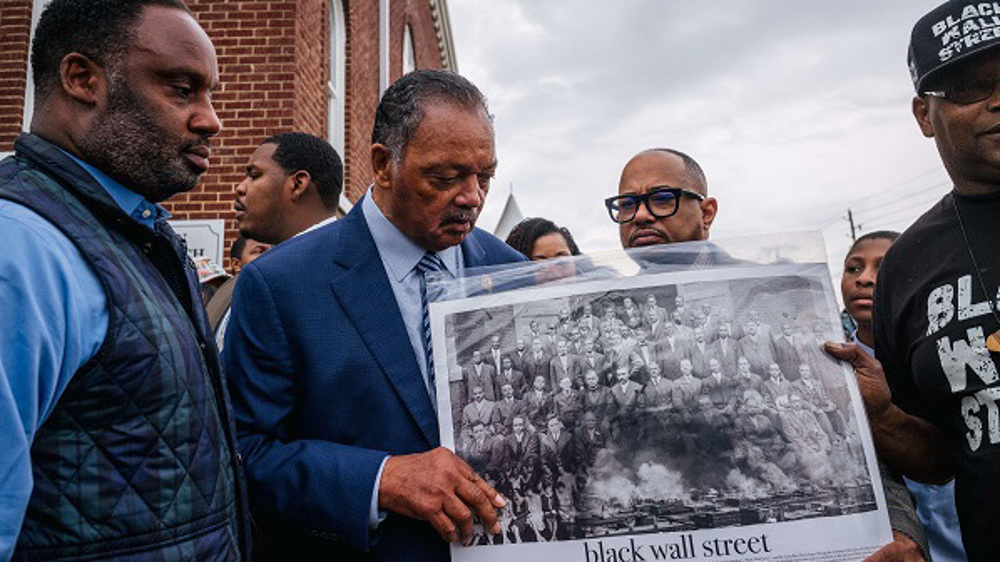
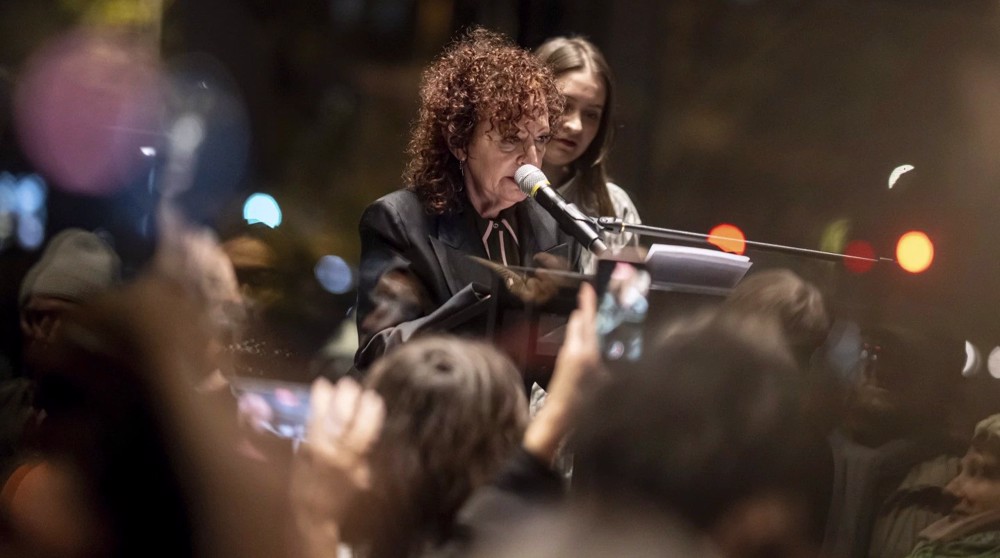

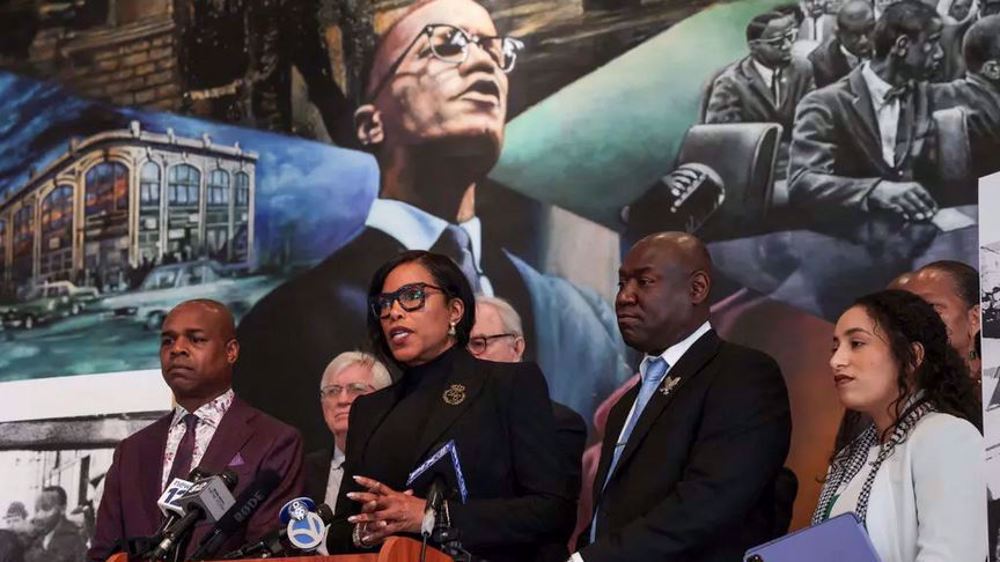



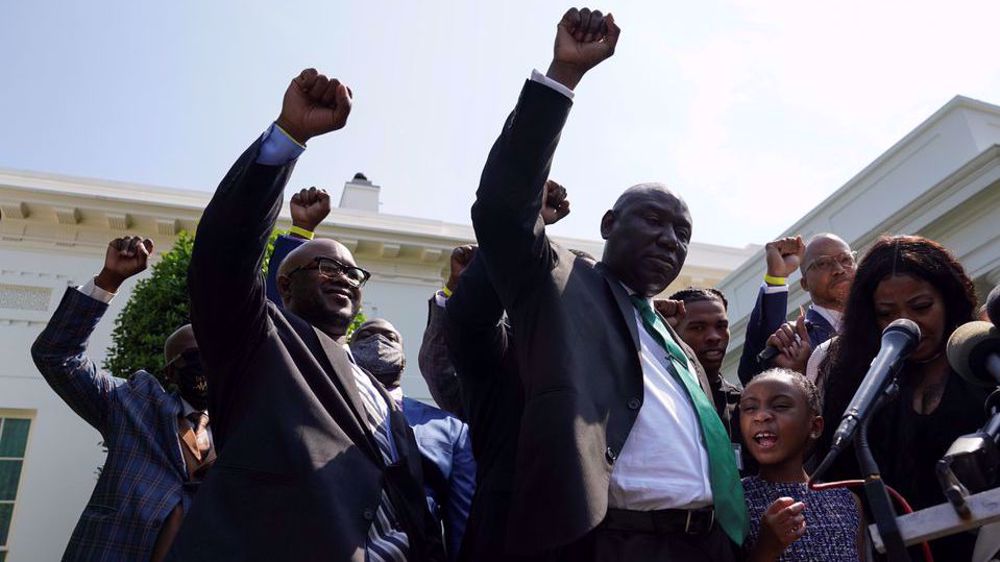

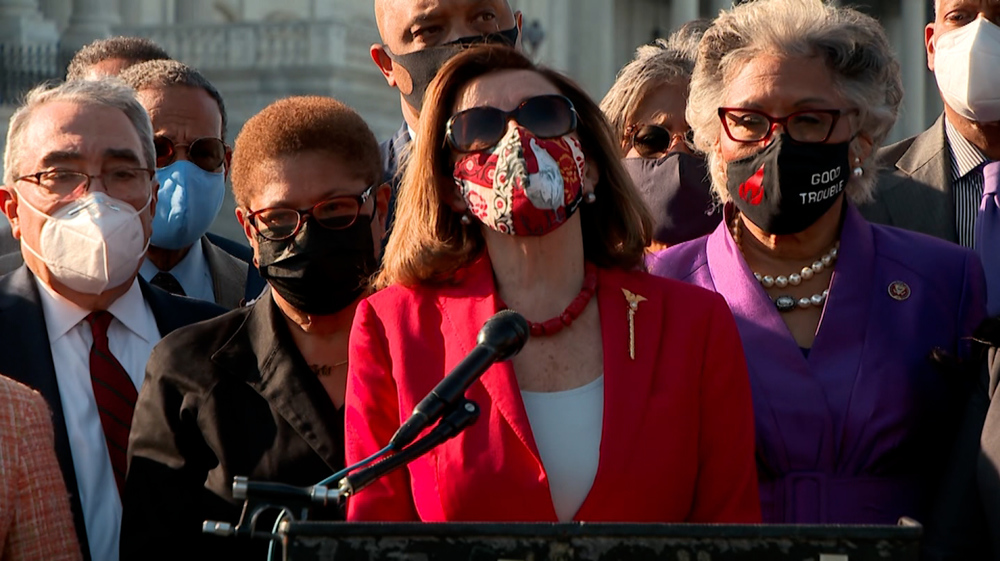

 This makes it easy to access the Press TV website
This makes it easy to access the Press TV website